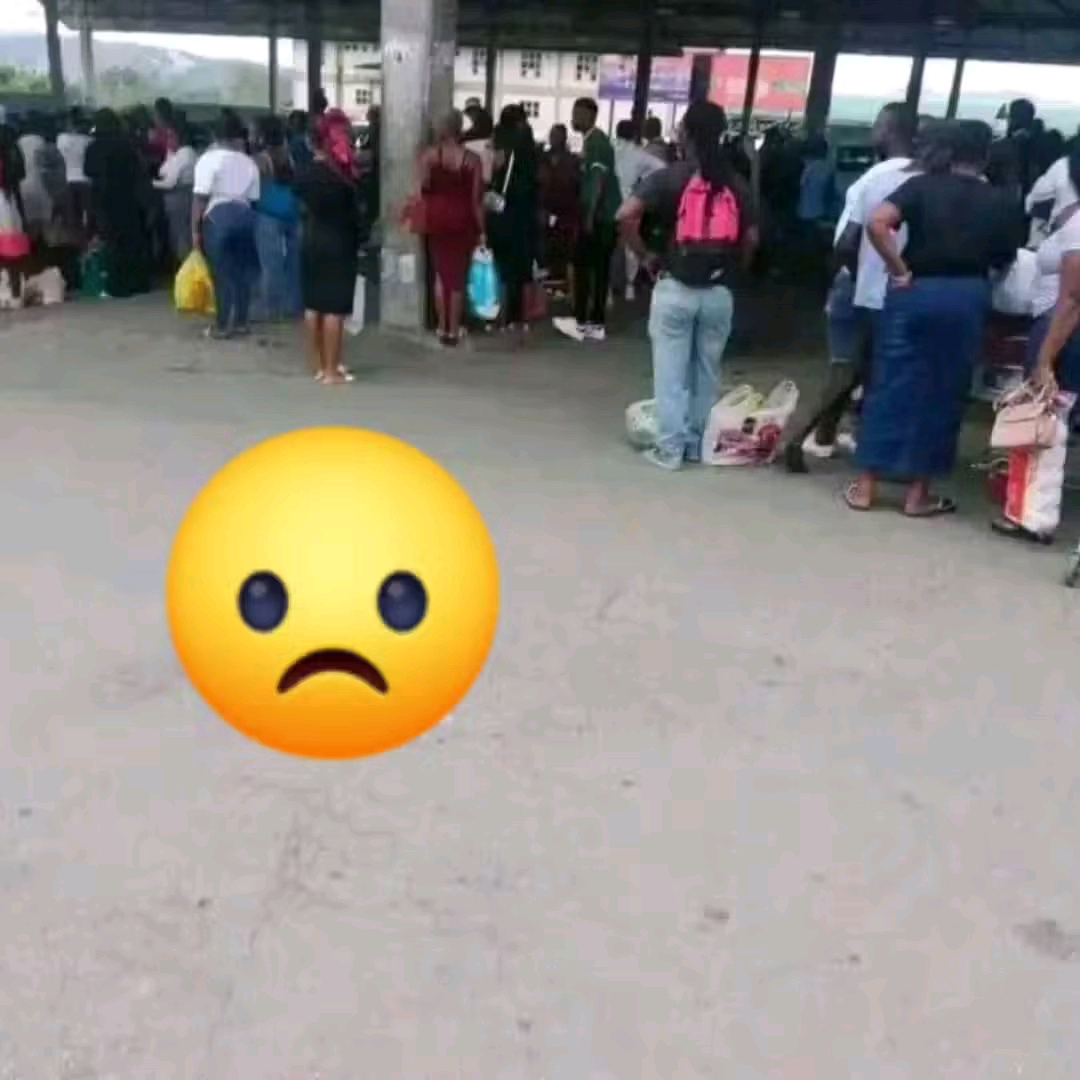A heartbreaking incident has shocked communities across South Africa and Mozambique after a Mozambican woman, reportedly denied medical attention at a clinic in Soweto, tragically collapsed and died in Nelspruit while waiting for transport back to her home country.
The woman, whose identity has not been officially released, was reportedly turned away from a public clinic in Soweto under controversial circumstances. According to eyewitnesses and community members familiar with the situation, the woman had visited the clinic in search of medical help but was allegedly chased away due to her nationality and lack of proper documentation.
After being denied assistance, the woman made her way to Nelspruit, likely in an attempt to return to Mozambique. However, while waiting for transportation, she collapsed and died—allegedly from the same health condition for which she was seeking help in Soweto. Emergency services were reportedly called, but she was declared dead at the scene.
This tragic event has sparked outrage and deep sorrow among local residents, community leaders, and human rights organizations, many of whom are now demanding an investigation into the incident. The treatment she received at the Soweto clinic has been widely condemned as inhumane and discriminatory, with critics arguing that denying someone emergency healthcare based on their nationality or legal status is both unethical and illegal under South African law.
The incident has reignited the debate over the treatment of foreign nationals within the South African public healthcare system. While resources are often strained, human rights advocates argue that basic medical care is a fundamental right that should not be denied to anyone in need—regardless of citizenship or immigration status.
Health advocacy groups and non-governmental organizations have called on the Department of Health to thoroughly investigate the conduct of staff at the Soweto clinic and ensure accountability. They have also urged government institutions to provide sensitivity training for healthcare workers to prevent such incidents from happening again in the future.
Meanwhile, community members in Nelspruit and Soweto have begun organizing vigils and memorial services in honor of the woman. Messages of condolence have poured in from both South Africans and Mozambican nationals, many expressing grief over the unnecessary loss of life and calling for unity and compassion in the face of ongoing xenophobic tensions.
Authorities are working with the Mozambican consulate to locate the woman’s family and arrange the repatriation of her remains. Her death serves as a painful reminder of the urgent need for humane and inclusive healthcare policies, as well as the broader societal change needed to protect the dignity and rights of all people living in South Africa.
As investigations continue, the tragic story of this Mozambican woman stands as a somber call for justice, compassion, and reform in the treatment of foreign nationals within the healthcare system.
